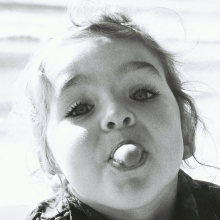
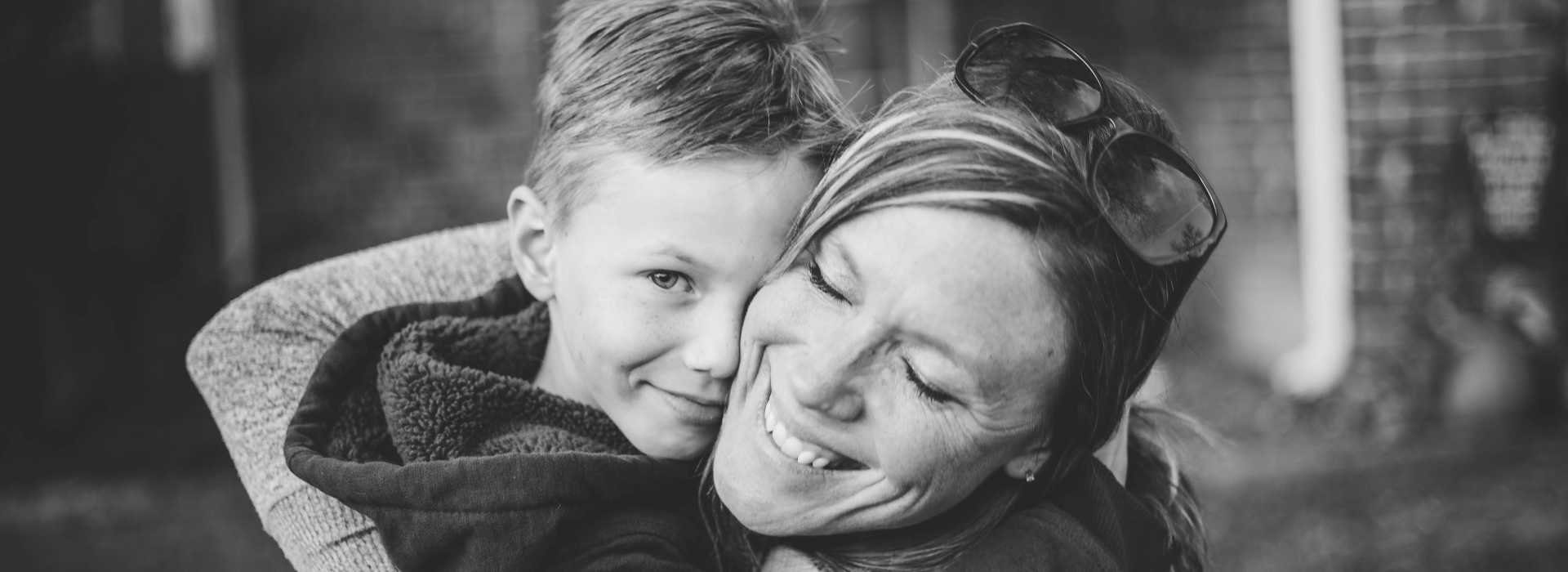
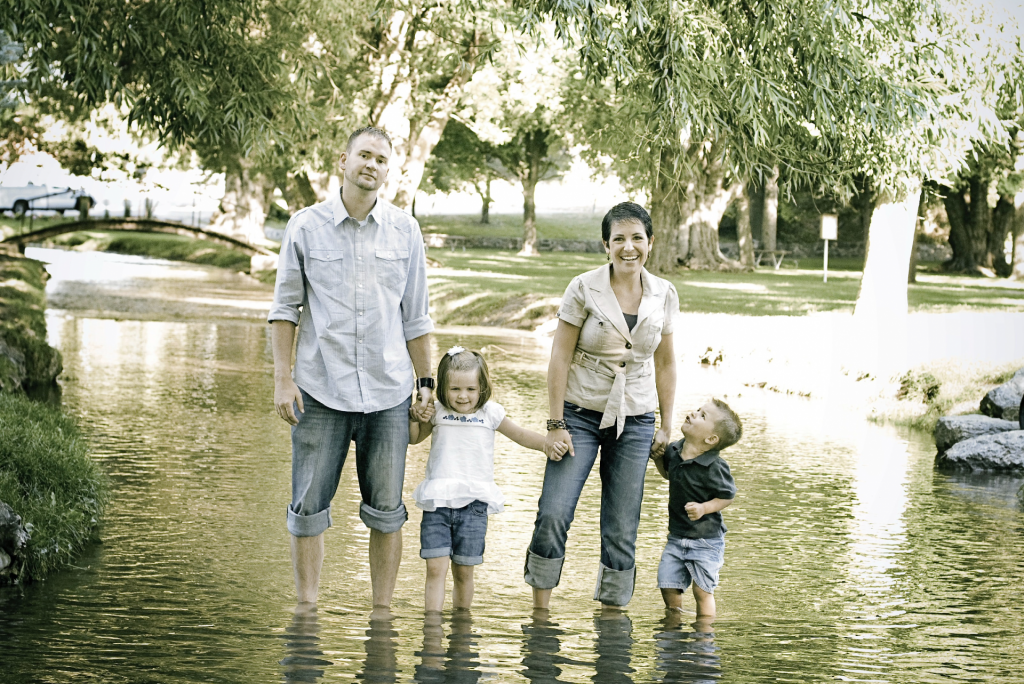
Education otherwise than at school does not suit everyone.
You only get here when you are ready, says Adriana, when you free yourself from fear.
If not, if you join too early, you end up running away in terror. It is extremely difficult to get out of the patterns you are used to. You end up asking CEREHARD to be like the standard school, and we will never be that.
If you are desperate not to make mistakes, learning does not happen.What does education otherwise than at school means?
As a Cerehard parent confessed once, even if from outside it all seems like a dolce far niente, it involves more responsibility on the part of the child which chooses the subjects of interest, the learning pace, the timing of exams, and a future scenario.
But all this happens with the support of parents, mentors and other Cerehard members.
The de-schooling process is essential. When transferring from a standard system, both the child and the parents need time to decompress, to set free from the previous model. The older the child is, the longer this period is. Reflexes are hard to “heal”. Entering a new paradigm is sometimes painful.
The only “recipe” is the trust you develop in each other. You may have lost it at some point, but you can get it back.
What forms of EOTAS are there?
Education otherwise that at school can be done online and offline, with daily or occasional attendance in CEREHARD micro-communities or other learning centres, through homeschooling and unschooling.
In order to attend higher education courses, children can take Cambridge exams (IGCSE, AS/A) or SAT & GED, depending on the requirements of each institution concerned. Those who want to enrol in Romanian universities proceed like any student from abroad, by equating their studies (2 A levels or SAT + GED is equivalent to the Romanian baccalaureate).
Details on the studies compatibility are available on the National Centre for Recognition and Equivalence of Diplomas.
What is holistic education?
The term “holistic” comes from the Greek word “holos” meaning whole. This “whole” is more and different than the sum of its parts, just like the human body is more and different than the sum of its organs. That is because of the interactions among the latter./ between them.
Holism is a mental attitude – you look at something from all possible angles, and holistic education is done through interdisciplinary projects.
Learn more about holistic education.
Classical school or industrial school?
Since the onset of the SARS-CoV-2 pandemic, many specialists have advised on how to live your life with your children who no longer go to school.
As a mother of unschooled (but educated) children and promoter of the EOTAS alternative, I offer you my own version of a school, different from what is wrongly considered a classical school.
Why wrongly? Because classical school goes back to the times of the ancient sages.
Does CEREHARD fits our needs?
Although it seems an elitist concept, addressing only those who “can afford it”, EOTAS – the Education Otherwise Than At School, has become an accessible alternative for a growing number of parents.
EOTAS allows the parents to be closer to their children and contributes directly and reciprocally to the growth and development of both children and parents.
Read more about education otherwise than at school.
Is CEREHARD accredited?
CEREHARD is accredited as a British Curriculum School since 2020, after passing the inspection of PENTA, the British accreditation agency responsible for British schools in Eastern Europe, the Emirates and the Far East.
Homeschooling versus unschooling
Homeschooling refers to learning or schooling at home by parents, mentors or professional tutors, instead of standard education in a school environment. Usually, it is done according to a structured educational program, although different from a regular school curriculum.
Unschooling means free education, depending on the needs of the child. It means learning without a structure or pre-established methods, based only on cultivating the child’s passions, his own learning pace and desires. Unschooling is, in fact, non-schooling, not in the sense of the absence of education, but the sense of the total lack of a system.
In both variants, the role of parents is vital, because they help children to discover themselves. The parents stimulate children’s curiosity and passions, and they offer guidance.
What is a school, or what should it be?
In the past, most people were illiterate, forced to make a living by working the fields. The belief that literate people can find work more easily had motivated some parents to send their children to school. It is just that the world has changed radically since then, and the changes continue.
The learning objectives will focus mainly on skills, not so much on the accumulation of knowledge. Learning will be done according to the needs and preferences of each one, facilitating personal evolution.
Technologies will be part of the learning process as they shape, change and make accessible new methods of accessing, understanding and generating knowledge.
Learn more about what education and learning will mean in the future.
What does education otherwise than at school means?
As a Cerehard parent confessed once, even if from outside it all seems like a dolce far niente, it involves more responsibility on the part of the child which chooses the subjects of interest, the learning pace, the timing of exams, and a future scenario.
But all this happens with the support of parents, mentors and other Cerehard members.
The de-schooling process is essential. When transferring from a standard system, both the child and the parents need time to decompress, to set free from the previous model. The older the child is, the longer this period is. Reflexes are hard to “heal”. Entering a new paradigm is sometimes painful.
The only “recipe” is the trust you develop in each other. You may have lost it at some point, but you can get it back.
What forms of EOTAS are there?
Education otherwise that at school can be done online and offline, with daily or occasional attendance in CEREHARD micro-communities or other learning centres, through homeschooling and unschooling.
In order to attend higher education courses, children can take Cambridge exams (IGCSE, AS/A) or SAT & GED, depending on the requirements of each institution concerned. Those who want to enrol in Romanian universities proceed like any student from abroad, by equating their studies (2 A levels or SAT + GED is equivalent to the Romanian baccalaureate).
Details on the studies compatibility are available on the National Centre for Recognition and Equivalence of Diplomas.
What is holistic education?
The term “holistic” comes from the Greek word “holos” meaning whole. This “whole” is more and different than the sum of its parts, just like the human body is more and different than the sum of its organs. That is because of the interactions among the latter./ between them.
Holism is a mental attitude – you look at something from all possible angles, and holistic education is done through interdisciplinary projects.
Learn more about holistic education.
Classical school or industrial school?
Since the onset of the SARS-CoV-2 pandemic, many specialists have advised on how to live your life with your children who no longer go to school.
As a mother of unschooled (but educated) children and promoter of the EOTAS alternative, I offer you my own version of a school, different from what is wrongly considered a classical school.
Why wrongly? Because classical school goes back to the times of the ancient sages.
Does CEREHARD fits our needs?
Although it seems an elitist concept, addressing only those who “can afford it”, EOTAS – the Education Otherwise Than At School, has become an accessible alternative for a growing number of parents.
EOTAS allows the parents to be closer to their children and contributes directly and reciprocally to the growth and development of both children and parents.
Read more about education otherwise than at school.
Is CEREHARD accredited?
CEREHARD is accredited as a British Curriculum School since 2020, after passing the inspection of PENTA, the British accreditation agency responsible for British schools in Eastern Europe, the Emirates and the Far East.
Homeschooling versus unschooling
Homeschooling refers to learning or schooling at home by parents, mentors or professional tutors, instead of standard education in a school environment. Usually, it is done according to a structured educational program, although different from a regular school curriculum.
Unschooling means free education, depending on the needs of the child. It means learning without a structure or pre-established methods, based only on cultivating the child’s passions, his own learning pace and desires. Unschooling is, in fact, non-schooling, not in the sense of the absence of education, but the sense of the total lack of a system.
In both variants, the role of parents is vital, because they help children to discover themselves. The parents stimulate children’s curiosity and passions, and they offer guidance.
What is a school, or what should it be?
In the past, most people were illiterate, forced to make a living by working the fields. The belief that literate people can find work more easily had motivated some parents to send their children to school. It is just that the world has changed radically since then, and the changes continue.
The learning objectives will focus mainly on skills, not so much on the accumulation of knowledge. Learning will be done according to the needs and preferences of each one, facilitating personal evolution.
Technologies will be part of the learning process as they shape, change and make accessible new methods of accessing, understanding and generating knowledge.
Learn more about what education and learning will mean in the future.
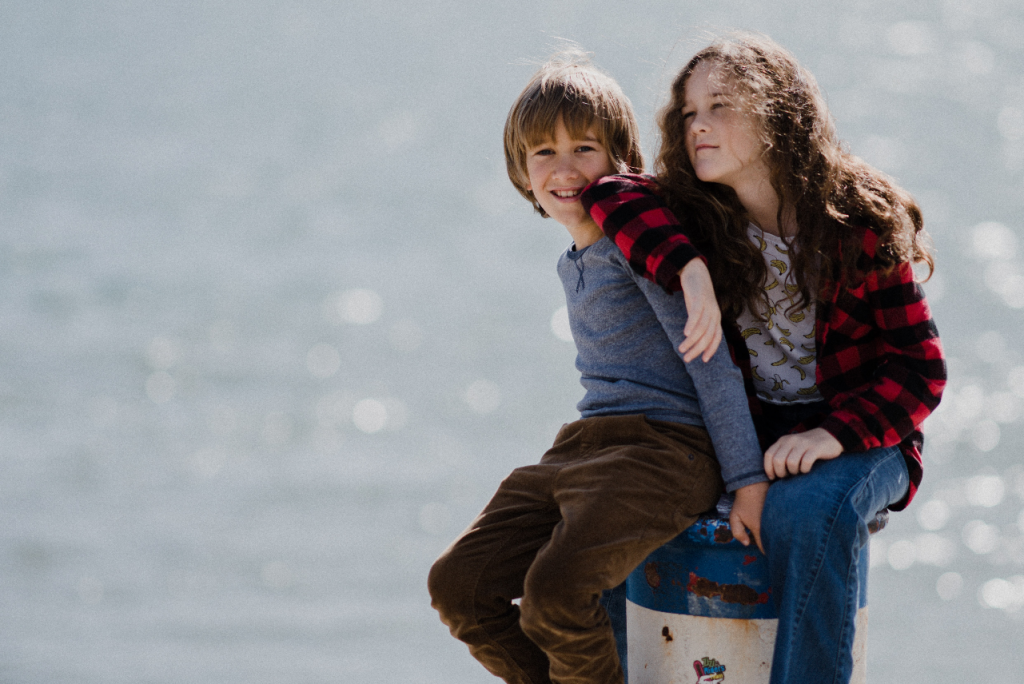
Look into the future
with confidence.
The jobs of the future will be different. Children should prepare to adapt to any situation. Education should contribute: to learn to think and discern, to know how to communicate, to participate and collaborate, to understand the differences between people, to find solutions, to acquire knowledge (i.e. information internalised after intelligent selection).
Personalised education through "slow learning".Mentors, facilitators, and learning centres
Debbie Stowe, Irene Oproescu – English
Maia Grosu-Gherasim – drama
Roxana Drăgănoiu și Alexandru Kogut – DigiMathArt, math games, robotics, VR
Ciprian Speranza – philosophy, anthropology, sociology
Mihaela Stinghe – free Waldorf program
For IGCSE, AS / A Levels and SAT exams:
AlterEdu Cluj – Mathematics, Science, Romanian, English, French
Julian Hingley – History, English first language, and literature for Cambridge IGCSE and English, sociology at A level.
FilBrit International Academy UK
How does the CEREHARD “catalogue” look like?
In project education, the “catalogue” where the children’s projects are uploaded is the Google Suite for Education platform. Each child has a portfolio folder where the parents upload what the child is working on.
Some children film themselves playing instruments or singing. Others, who also have youtube channels, send us the links to those channels, drawings, exhibitions, storytelling, projects, and everything else that offers an image of the children’s daily activities.
Results received from Khan Academy, EdX, Coursera, Brilliant, SkillShare, Bitesize, etc., diplomas, movies made by children with their activities, edits, games, applications made by them – everything they would like to show and share with us.
Regardless of participation in assessments, we analyse what you upload there, thus being up to date with the child’s evolution. The portfolio file is accessible only to the family and evaluators.
How do we enroll / withdraw in/from CEREHARD?
Enrollment/withdrawal in/from CEREHARD can happen at any point, by filling in the enrollment form.
Filling in a withdrawal request is the easiest way to get children out of the traditional system.
On the British education system
The British system is not about classes but age levels. Up to the age of 14, the child may not take standard exams but only participate in assessments (which are NOT mandatory).
From the age of 14, the child starts preparing for the IGCSE exams in English, Mathematics and Science, and from the age of 16, he or she prepares for the A-Levels exams, chosen according to the faculties’ requirements for admission.
Equivalence of studies in Romania
The Romanian baccalaureate is obtained with two A-Levels exams.
The equivalence of studies (grades I-XII) for the return into the traditional system is performed by school inspectorates (ISJ / ISMB), based on the specific methodology (OM 5638/2020 correlated with the provisions of ROFUIP, updated, especially art. 125).
Do children enrolled in CEREHARD take exams?
During each school year, three sessions of formal and informal assessments coordinated by PENTA International are scheduled, recommended, although not imposed.
After the age of 14, there is the option of taking Cambridge exams to obtain IGCSE (English, Mathematics, Science) and A-Levels certificates in the subjects displayed by the faculties to which the children want to enrol.
Depending on the country in which they will want to study (including Romania), the requirements of each faculty differ, so it is necessary to consult in advance the university educational offer:
Cambridge Pathway Program;
Cambridge IGSCE Exams and Certificates;
Cambridge International AS and A Level subjects exams.
Educational platforms
Each family designs its own educational path with the support of the Khan Academy, EdX, Coursera, Brilliant, SkillShare, Bitesize and other educational platforms.
Assessments are NOT mandatory
They take place several times a year, formally and informally, under the supervision of PENTA and CEREHARD. The informal ones take the form of an interview, preferably in English, and the formal ones are written – English, Mathematics, Sciences.
Until the age of 14, the UK system is better adapted to children’s brains, and we encourage participation in these experiences, which can “cure” the fear of the exact sciences by relaxing with it. The Cambridge exams preparation begins after the age of 14 when the brain shows signs of maturation.
In the UK, learning happens on an exponential curve. In our country, however, it is usually linear. Assessments are made on request. Each child is assigned a digital file, where we upload everything that represents the child.
What are the criteria for evaluating children?
Within CEREHARD, these criteria are:
Appropriate Personal and Social Development – individual and social development;
Literacy – the ability to read, understand and tell stories;
Vocational Education – various talents and their manifestation;
ICT – information & computer technology;
Numeracy – the ability to use numbers and data.
Mentors, facilitators, and learning centres
Debbie Stowe, Irene Oproescu – English
Maia Grosu-Gherasim – drama
Roxana Drăgănoiu și Alexandru Kogut – DigiMathArt, math games, robotics, VR
Ciprian Speranza – philosophy, anthropology, sociology
Mihaela Stinghe – free Waldorf program
For IGCSE, AS / A Levels and SAT exams:
AlterEdu Cluj – Mathematics, Science, Romanian, English, French
Julian Hingley – History, English first language, and literature for Cambridge IGCSE and English, sociology at A level.
FilBrit International Academy UK
How does the CEREHARD “catalogue” look like?
In project education, the “catalogue” where the children’s projects are uploaded is the Google Suite for Education platform. Each child has a portfolio folder where the parents upload what the child is working on.
Some children film themselves playing instruments or singing. Others, who also have youtube channels, send us the links to those channels, drawings, exhibitions, storytelling, projects, and everything else that offers an image of the children’s daily activities.
Results received from Khan Academy, EdX, Coursera, Brilliant, SkillShare, Bitesize, etc., diplomas, movies made by children with their activities, edits, games, applications made by them – everything they would like to show and share with us.
Regardless of participation in assessments, we analyse what you upload there, thus being up to date with the child’s evolution. The portfolio file is accessible only to the family and evaluators.
How do we enroll / withdraw in/from CEREHARD?
Enrollment/withdrawal in/from CEREHARD can happen at any point, by filling in the enrollment form.
Filling in a withdrawal request is the easiest way to get children out of the traditional system.
On the British education system
The British system is not about classes but age levels. Up to the age of 14, the child may not take standard exams but only participate in assessments (which are NOT mandatory).
From the age of 14, the child starts preparing for the IGCSE exams in English, Mathematics and Science, and from the age of 16, he or she prepares for the A-Levels exams, chosen according to the faculties’ requirements for admission.
Equivalence of studies in Romania
The Romanian baccalaureate is obtained with two A-Levels exams.
The equivalence of studies (grades I-XII) for the return into the traditional system is performed by school inspectorates (ISJ / ISMB), based on the specific methodology (OM 5638/2020 correlated with the provisions of ROFUIP, updated, especially art. 125).
Do children enrolled in CEREHARD take exams?
During each school year, three sessions of formal and informal assessments coordinated by PENTA International are scheduled, recommended, although not imposed.
After the age of 14, there is the option of taking Cambridge exams to obtain IGCSE (English, Mathematics, Science) and A-Levels certificates in the subjects displayed by the faculties to which the children want to enrol.
Depending on the country in which they will want to study (including Romania), the requirements of each faculty differ, so it is necessary to consult in advance the university educational offer:
Cambridge Pathway Program;
Cambridge IGSCE Exams and Certificates;
Cambridge International AS and A Level subjects exams.
Educational platforms
Each family designs its own educational path with the support of the Khan Academy, EdX, Coursera, Brilliant, SkillShare, Bitesize and other educational platforms.
Assessments are NOT mandatory
They take place several times a year, formally and informally, under the supervision of PENTA and CEREHARD. The informal ones take the form of an interview, preferably in English, and the formal ones are written – English, Mathematics, Sciences.
Until the age of 14, the UK system is better adapted to children’s brains, and we encourage participation in these experiences, which can “cure” the fear of the exact sciences by relaxing with it. The Cambridge exams preparation begins after the age of 14 when the brain shows signs of maturation.
In the UK, learning happens on an exponential curve. In our country, however, it is usually linear. Assessments are made on request. Each child is assigned a digital file, where we upload everything that represents the child.
What are the criteria for evaluating children?
Within CEREHARD, these criteria are:
Appropriate Personal and Social Development – individual and social development;
Literacy – the ability to read, understand and tell stories;
Vocational Education – various talents and their manifestation;
ICT – information & computer technology;
Numeracy – the ability to use numbers and data.
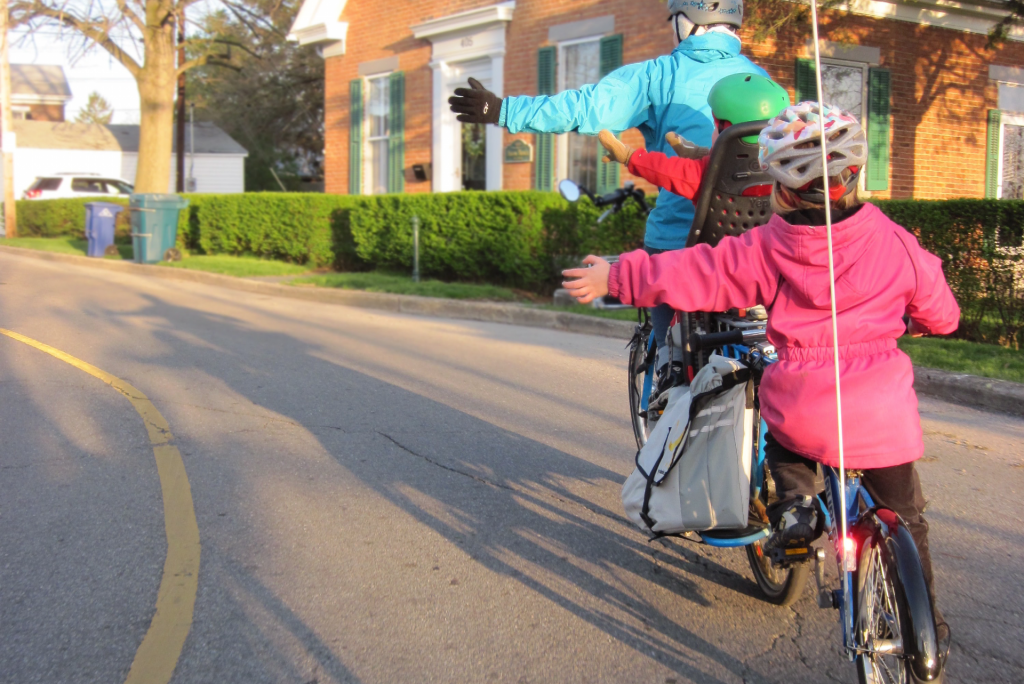
It is about responsibility.
After leaving the traditional system, just “take a deep breath”.
You will not miss a thing. This reconfiguration time will be useful to you, parents and children both. You will regain your children trust if you don’t “whip” them with school anymore.
After an intensive workout, a break period is recommended. During that break, the body recovers and the same does the brain, which needs internalisation. Give yourself time and trust your children.
School in the cloudLearning is in our nature.
Every child is “designed” by nature to learn. If parents trusted their children, they would let them play as much as possible. For the child, playing is something very serious. It is the activity from which he learns in the most authentic way, full of native curiosity and exploring answers.
Assign them age-appropriate responsibilities and do various activities with them, at home and work. Many parents will find out that they do not know the answers to most of the questions, and children will look for the answers themselves and explain them to their parents.
You will notice a restoration of family ties, in the full sense of the concept.
We go back into the system. How do we proceed?
How is the equivalency evaluation done in Romania?
To cover a wide range of educational needs, CEREHARD operates as an EOTAS alternative. The finality of the studies consists either in enrolling in a college or in obtaining a baccalaureate.
There is also the entrepreneurial way which “works” on the principle of lifelong learning and “live” demonstration of the capabilities developed through EOTAS. For more details, see CNRED.
What documents do we issue and under which conditions?
Certificate of registration – issued after registration in CEREHARD (completion, both parties sign the contract). We issue evaluation reports, compiled after sessions. We do not issue transcripts!
At the end of the contract year, we do NOT issue certificates, diplomas or other types of documents.
Learning together is the solution.
CEREHARD is not a traditional school. We offer support and solutions, we do not impose, and we do not oblige. We rely on the natural curiosity of children and their need to match and surpass their parents. In order to develop children need the trust and support of their parents. They need to make mistakes without being scolded, and they need to test, try, look for their rhythm, and get bored. They need support, understanding, collaboration, and not “parenting”.
Each child has his own rhythm, develops in his own time, has different needs and abilities. For these reasons, we practice the concepts of “flexible class” and “personalized education”, meaning the child chooses the activities he is attracted to and has the opportunity to change the previous options when desired.
Discover together the unlimited resources on the internet, learn together, discuss, do projects, ask them to help you at work. The children will be happy to do it, to show you how smart and useful they are and make you proud of them. Behave with them as you would like others to treat you and give up suspicion.
By doing so, trust is learned.
How do we manage freedom?
As parents, we are not used to the idea that children learn through play. For them, there is no motivation to learn. The child is the perfect researcher. He notices a phenomenon and begins to repeat it while integrating things he cannot articulate yet.
CEREHARD is an educational alternative, a pioneer program through which we invite you, the parents, to become your children’s partners again.
Each family designs its own educational path, and freedom can be scary. It is one of the reasons why we talk to each other. We also appeal to the community to find the right path of development for our children, for them to grow and evolve according to their inborn abilities.
Try to understand the developmental stages of the brain. Learn with children. Resume ideas that have passed “by your ears” and recover what you did not understand, with the help of children. It is a game of setting boundaries, which can sometimes stretch your nerves to the limit, but from which you will learn to understand and respect uniqueness and diversity, provided you give up the “must” imperative. Nothing is a “must”.
Cambridge exams and centres
First of all, do not confuse Cambridge English exams with Cambridge IGCSE and A-Levels exams.
The language exams assess the English language skills of the children enrolled in the Romanian education system, and they take place in many centres in the country.
The Cambridge IGCSE exams are among the aims of the CEREHARD educational path and, together with the A Levels exam, are part of the portfolio required for admission to English-speaking universities.
The centres in Romania where these exams can be taken can be found here.
How do I find other parents like me?
The fear of change, of the unknown, and the judgment of relatives and friends is ingrained in our reality. We set out to (re)normalise these relationships, at least in our community.
The CEREHARD platform is a private space where parents share learning resources for children and adults, communicate with each other or with tutors and trainers, and children interact in a safe environment.
CEREHARD conversations are online and offline meetings through which parents exchange opinions, fears and concerns about their children’s education. Until face-to-face meetings resume, the conversations take place on Zoom, and access is limited to members.
No matter the means of communication, our community spirit lies in doing things with and for the sake of our children.
Learning is in our nature.
Every child is “designed” by nature to learn. If parents trusted their children, they would let them play as much as possible. For the child, playing is something very serious. It is the activity from which he learns in the most authentic way, full of native curiosity and exploring answers.
Assign them age-appropriate responsibilities and do various activities with them, at home and work. Many parents will find out that they do not know the answers to most of the questions, and children will look for the answers themselves and explain them to their parents.
You will notice a restoration of family ties, in the full sense of the concept.
We go back into the system. How do we proceed?
How is the equivalency evaluation done in Romania?
To cover a wide range of educational needs, CEREHARD operates as an EOTAS alternative. The finality of the studies consists either in enrolling in a college or in obtaining a baccalaureate.
There is also the entrepreneurial way which “works” on the principle of lifelong learning and “live” demonstration of the capabilities developed through EOTAS. For more details, see CNRED.
What documents do we issue and under which conditions?
Certificate of registration – issued after registration in CEREHARD (completion, both parties sign the contract). We issue evaluation reports, compiled after sessions. We do not issue transcripts!
At the end of the contract year, we do NOT issue certificates, diplomas or other types of documents.
Learning together is the solution.
CEREHARD is not a traditional school. We offer support and solutions, we do not impose, and we do not oblige. We rely on the natural curiosity of children and their need to match and surpass their parents. In order to develop children need the trust and support of their parents. They need to make mistakes without being scolded, and they need to test, try, look for their rhythm, and get bored. They need support, understanding, collaboration, and not “parenting”.
Each child has his own rhythm, develops in his own time, has different needs and abilities. For these reasons, we practice the concepts of “flexible class” and “personalized education”, meaning the child chooses the activities he is attracted to and has the opportunity to change the previous options when desired.
Discover together the unlimited resources on the internet, learn together, discuss, do projects, ask them to help you at work. The children will be happy to do it, to show you how smart and useful they are and make you proud of them. Behave with them as you would like others to treat you and give up suspicion.
By doing so, trust is learned.
How do we manage freedom?
As parents, we are not used to the idea that children learn through play. For them, there is no motivation to learn. The child is the perfect researcher. He notices a phenomenon and begins to repeat it while integrating things he cannot articulate yet.
CEREHARD is an educational alternative, a pioneer program through which we invite you, the parents, to become your children’s partners again.
Each family designs its own educational path, and freedom can be scary. It is one of the reasons why we talk to each other. We also appeal to the community to find the right path of development for our children, for them to grow and evolve according to their inborn abilities.
Try to understand the developmental stages of the brain. Learn with children. Resume ideas that have passed “by your ears” and recover what you did not understand, with the help of children. It is a game of setting boundaries, which can sometimes stretch your nerves to the limit, but from which you will learn to understand and respect uniqueness and diversity, provided you give up the “must” imperative. Nothing is a “must”.
Cambridge exams and centres
First of all, do not confuse Cambridge English exams with Cambridge IGCSE and A-Levels exams.
The language exams assess the English language skills of the children enrolled in the Romanian education system, and they take place in many centres in the country.
The Cambridge IGCSE exams are among the aims of the CEREHARD educational path and, together with the A Levels exam, are part of the portfolio required for admission to English-speaking universities.
The centres in Romania where these exams can be taken can be found here.
How do I find other parents like me?
The fear of change, of the unknown, and the judgment of relatives and friends is ingrained in our reality. We set out to (re)normalise these relationships, at least in our community.
The CEREHARD platform is a private space where parents share learning resources for children and adults, communicate with each other or with tutors and trainers, and children interact in a safe environment.
CEREHARD conversations are online and offline meetings through which parents exchange opinions, fears and concerns about their children’s education. Until face-to-face meetings resume, the conversations take place on Zoom, and access is limited to members.
No matter the means of communication, our community spirit lies in doing things with and for the sake of our children.
